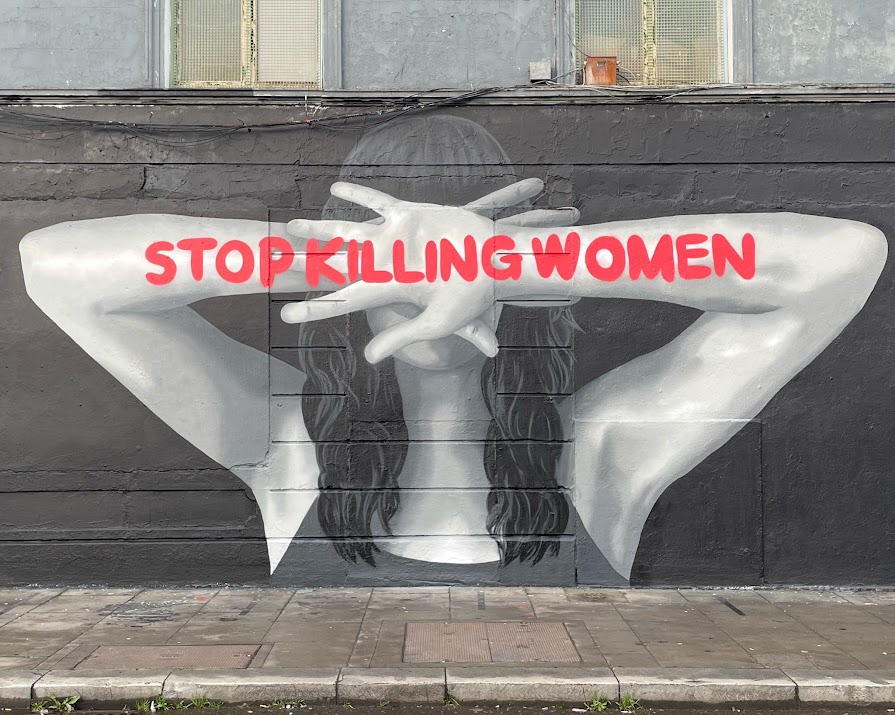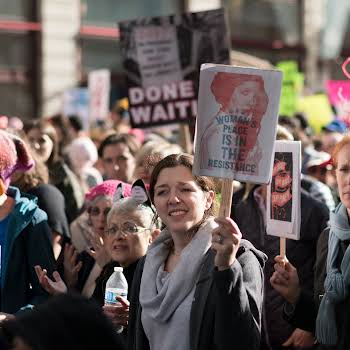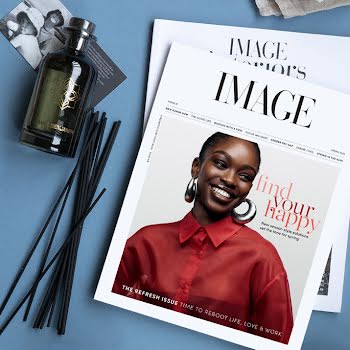Remembering Ashling Murphy on the one-year anniversary of her death
By Sarah Gill
12th Jan 2023
12th Jan 2023
Today marks the first anniversary of 23-year-old school teacher Ashling Murphy’s senseless killing. One year later, what’s changed?
A great weight seems to linger in the air today, clouding the periphery of our vision and drawing our attention elsewhere.
A name and face now inextricably associated with violence against women, Ashling Murphy is on all our minds today. On Wednesday 12 January, 2022, a fresh faced college graduate finished her day’s work at Durrow National School and laced up her running shoes for a jog along the canal bank in Tullamore.
Fatally attacked in broad daylight, Ashling inadvertently became a symbol in the fight against the epidemic that is violence against women. Her face has been indelibly etched in the further corners of our minds, and January 12 now serves as a reminder of the dangers involved in existing in this world as a woman.
In the immediate aftermath of Ashling’s killing, an outpouring of grief could be felt rippling across the country. Tributes were paid, vigils were held, and sincere sympathies were extended. The country felt her loss deeply, and no matter how many times we tried to wrap our heads around the facts — it was broad daylight; she was just going for a run; she was only 23 — the whole tragedy felt simultaneously inconceivable, yet all too close to home. Every woman in Ireland had the same thought: that could have been me.
And the fact of the matter is, it could have been. The distinct lack of justice, the lack of any rhyme or reason for a senseless killing such as this is what makes it impossible to make any semblance of peace with.
The fact of the matter is that this violent attack made each of us realise that no matter what we do, our safety is always in jeopardy. We drop pins to share our locations, we walk clutching our keys, and our parting remark when parting ways with a friend is always, ‘send me a text when you get home’.
This earth-shattering incident defied all commonplace attempts at devil’s advocacy. There were no questions of what she was wearing, whether she had been drinking, how it could have potentially been her fault. There was nothing but the abrupt sharp shock of disbelief, disgust, and resounding futility.
Since Ashling Murphy’s untimely death, 15 women have been killed here in Ireland. Marking the anniversary of this killing, the National Women’s Council (NWC) are calling for urgent government action to be taken against the epidemic of femicide here in Ireland.
Following Ashling’s death, the government introduced a Zero Tolerance Strategy on violence against women, but now the focus must now be on implementation. In the NWC’s statement, they highlight insufficient amounts of refuge beds for women fleeing domestic violence, reform required within the Family Court system, and the urgent need to collect better data to understand the prevalence of domestic, sexual and gender-based violence (DSGBV) in Ireland as just some of the areas in which actions is required.
In addition to governmental action, the NWC emphasize the need for individual action in making a collective difference. NWC Director Orla O’Connor said: “We must educate our children about the misogyny that underlies male violence against women. There is a gap left by our education system, and dangerous and harmful messages like Andrew Tate’s are filling it. The consequences of this for women’s safety are plain to see.”
I sketched this piece a couple of weeks ago, and since then two more women have been murdered, Natalie McNally and Bruna Fonseca.
This time last year the country came to a standstill, shell shocked with grief after the murder of Ashling Murphy. pic.twitter.com/nsC89mbrYO
— Emmalene Blake (@emmaleneblake) January 4, 2023
In the past two months alone, the lives of two Irish women were taken away without a second thought. On December 18, Natalie McNally was stabbed to death in her home in Lurgan, county Armagh. She was 32 years of age, and 15 months pregnant. On New Year’s Day, a 28-year-old Bruna Fonseca was found beaten and strangled in a flat in Cork. The question remains: How many more innocent women’s lives have to be lost for real, tangible action to be made?
Ashling Murphy, Sandra Boyd, Mary Bergin, Ruth Lohse, Alyson Nelson, Louise Muckell, Margaret Una Noone, Lisa Thompson, Larisa Serban, Miriam Burns, Hollie Thomson, Lisa Cash, Ioana Mihaela Pacala, Sharon Crean, Bruna Fonesca, Natalie McNally, we are thinking of you today.
We think of you when we lace up our shoes to go running, when we triple check that the doors are locked, when we woke up this morning and when we’re going to sleep tonight. We are thinking of you always, and will continue to until the day comes that we can finally feel safe.
Call out everyday misogyny. Call out your friends. Have hard conversations. Do not allow news reports detailing these violent killings to desensitise you into accepting this as our new reality.
The family of Ashling Murphy have called for privacy as they continue to mourn the “beautiful daughter’s life and tragic death” of their daughter. An Ashling Murphy Memorial Fund has been set up in her memory to fulfil the strong legacy she left in her short life.
The Rape Crisis Centre National 24-Hour Helpline at 1800 778 888, at any time of day or night. They offer a free and confidential listening and support service for anyone who has been raped, sexually assaulted, sexually harassed or sexually abused at any time in their lives.
Women’s Aid offers a free 24-hour National Helpline 24/7 on 1800 341 900. It’s a safe, confidential and non-judgmental space to talk and get practical support, including emergency safe accommodation. Or you can visit SafeIreland to find a local helpline.
Featured image via Emmalene Blake























